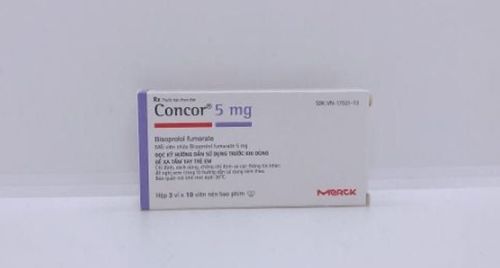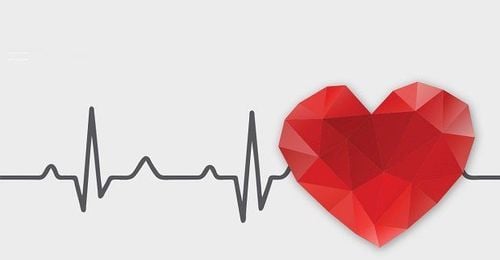The article was professionally consulted by Dr. Nguyen Van Thanh - Obstetrician and Gynecologist - Department of Obstetrics and Gynecology - Vinmec Nha Trang International Hospital
1. What is the sinus tachycardia in pregnancy?
During pregnancy, a woman's body undergoes many changes to adapt to the growth of the fetus throughout the pregnancy. For the circulatory system, women also have significant changes, including heart rhythm disorders, typically a faster heart rate than normal, called sinus tachycardia.
In a normal state and without any disease, the sinus rhythm is in the range of 60-100 beats/min. With sinus tachycardia in pregnancy, the measured heart rate is usually faster than normal by about 10 beats/minute (at 70-110 beats/minute). In addition, some symptoms may accompany sinus tachycardia such as shortness of breath in pregnancy, palpitations, palpitations, weakness, fatigue... Therefore, pregnant women experiencing these symptoms should consult their healthcare provider promptly.
2. What are the effects of sinus tachycardia on pregnancy?

Some pregnant women experience increased bodily functions to supply a large amount of blood to maintain the body's stability and nourish the fetus. As a result, sinus tachycardia can occur in these situations and is unavoidable. This is often a normal part of pregnancy and does not require treatment, as the heart rate usually returns to normal on its own.
On the contrary, if a pregnant woman experiences sinus tachycardia along with other circulatory symptoms such as shortness of breath, palpitations, chest tightness, etc., or if she has a history of heart disease or arrhythmia, she needs to be examined and diagnosed for sinus tachycardia at medical facilities to apply timely treatment.
Untreated sinus tachycardia during pregnancy can result in insufficient blood supply to vital organs and the developing fetus, potentially leading to life-threatening complications such as heart attacks, strokes, and cardiac arrest for both mother and baby.
Therefore, when diagnosing a patient with sinus tachycardia during pregnancy, it is necessary to apply the following ways:
- Follow your doctor's prescribed antiarrhythmic medication.
- Avoid excessive worry and stress to reduce the occurrence of sinus tachycardia episodes.
- Cough forcefully creates pressure in the chest cavity from the alveoli, which can slow down the heart rate.
- Maintain a balanced and healthy diet by incorporating foods rich in vitamins, such as bananas and apples,... and limiting the consumption of stimulants like coffee, strong tea, alcohol, and tobacco…
- Use cold water on the face, neck or can take a cold shower to reduce the heart rate.
- Perform the Valsalva maneuver by closing your mouth, pinching your nose, taking a deep breath, and then forcefully exhaling to stimulate the vagus nerve and regulate your heart rate.
- Patients can also practice taking deep breaths and exhaling slowly to lower their heart rate and reduce anxiety and palpitations. This technique should be performed daily to help regulate your breathing and heart rate.
- Although the patient needs to avoid strenuous exercise but should be engaged in regular moderate-intensity physical activity. Regular exercise can strengthen the heart and improve overall health.
- Avoid taking any medications or supplements without consulting your doctor, as they may harm the developing fetus, especially during the third trimester.
- Maintain a positive attitude and a balanced lifestyle, including getting enough sleep, to prevent overworking the heart and triggering sinus tachycardia.

Sinus tachycardia isn't limited to the elderly or children; pregnant women can also experience it. While it might be a normal physiological response or a sign of an underlying condition, it's crucial for pregnant women to pay close attention to any accompanying symptoms. If you experience a rapid heartbeat, palpitations, chest tightness, or fatigue during pregnancy, seek medical advice promptly to prevent potential complications.
To arrange an appointment, please call HOTLINE or make your reservation directly HERE. You may also download the MyVinmec app to schedule appointments faster and manage your reservations more conveniently.














